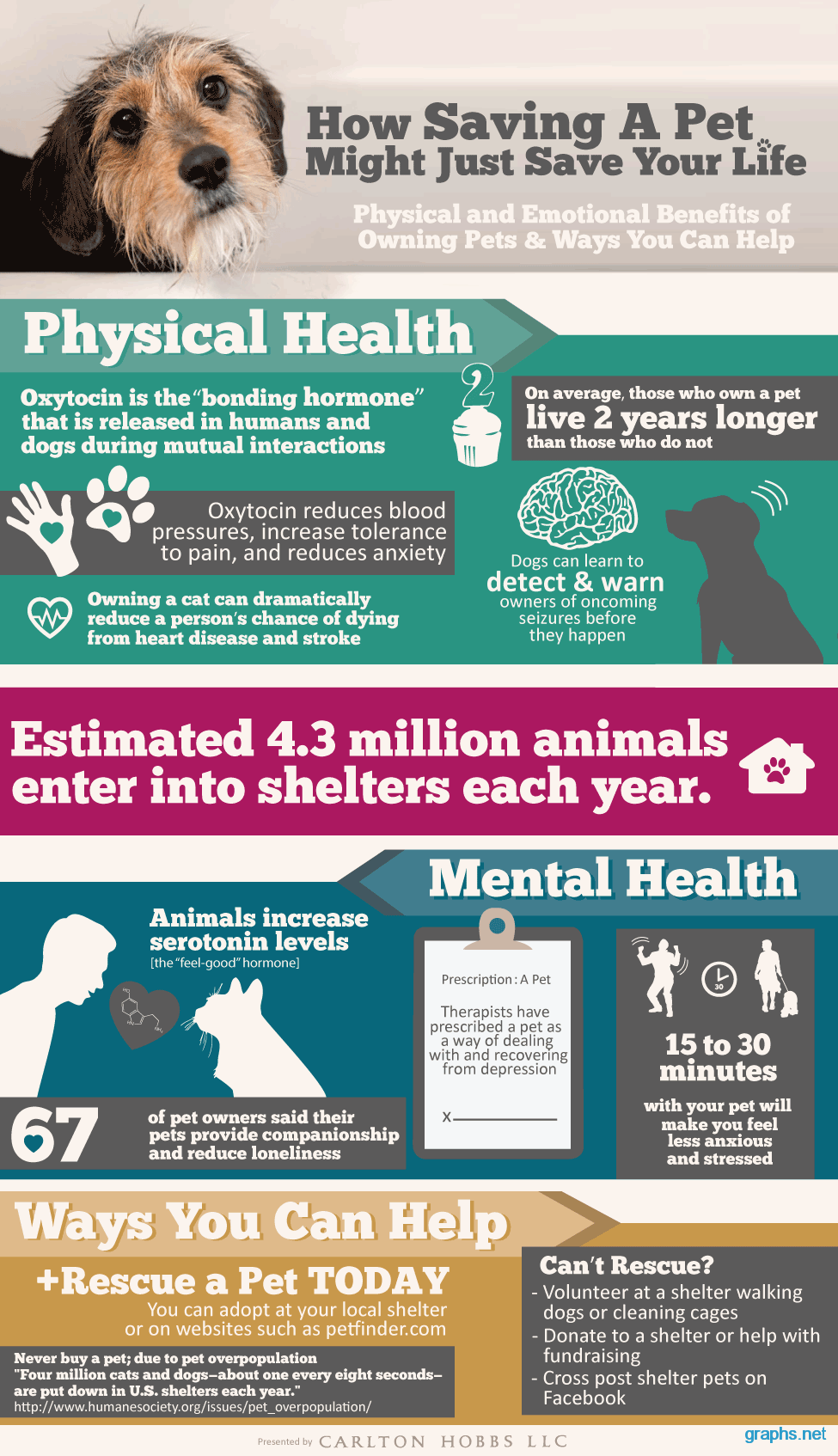How To Reduce Stress When Boarding Your Dog
How To Reduce Stress When Boarding Your Dog
Blog Article
Can Canine Childcare Cause Illness?
Possibilities are that if your dog is consistently exposed to various other canines, even if they're properly immunized, they may return with some type of illness. Inoculations, routine vet appointments, and good health practices can lessen risk variables for infection and illness.
Stressed or anxious canines can develop gastrointestinal issues and other health and wellness problems that are quickly spread between canines. Establishing age restrictions and behavioral rules can help ensure that just healthy and balanced pets enter your center.
Distemper
Canine distemper is a significant and commonly deadly infection that assaults a pet dog's breathing, gastrointestinal, skin and immune systems. Puppies are especially vulnerable and can contract the disease through straight contact with a contaminated pet or with the airborne transmission of virus particles produced during coughing, sneezing or taking a breath.
The incubation duration for canine distemper is between 3 and 7 days. While puppies at day care might appear to catch parvo from another infected pet, it's not likely considering that the incubation period is so short.
While there is no treatment for canine distemper, encouraging treatment can assist dogs recover. This consists of liquids, anti-biotics and medicines to manage seizures. The Drake Center for Vet Treatment notes that signs consist of dripping eyes and nose, looseness of the bowels, vomiting, loss of appetite and neurological troubles such as twitching and tremblings. Young puppies need a complete vaccination series and annual boosters to secure them against this disease, which is why reputable dog day care centers call for current inoculations.
Kennel Coughing
Kennel Coughing (Dog Contagious Tracheobronchitis) is an extremely infectious top breathing condition triggered by bacteria and viruses. It spreads through airborne beads from a coughing or sneeze, straight get in touch with, and sharing of polluted items such as toys or water bowls. It is endemic in places where numerous canines are housed close together, such as kennels, canine parks, grooming beauty salons and shows. Several vaccines are offered to safeguard against the microorganisms that cause kennel cough, and proper hygiene practices can help avoid infection.
The classic sign is a completely boarding kennels near me for dogs dry, hacking coughing similar to that of a goose honk, and many canines recuperate with little treatment. Nonetheless, severe situations can result in pneumonia, and young puppies or pet dogs with pre-existing ailment go to greater threat for complications. To speed up recovery, use a harness rather than a collar while your canine is recuperating to stay clear of irritability to the windpipe. A humidifier might additionally aid to moisten the air and prevent dry coughing.
Parvovirus
Parvovirus (CPV) is a serious disease in canines. It is similar to feline panleukopenia (feline distemper), however it's a lot more dangerous and can spread out promptly among canines because of its exceptionally resilient nature.
This virus attacks the digestive cellular lining of a pet, destroying it and triggering germs to dismiss right into the blood stream. The weakened immune system and frustrating microorganisms lead to septic shock, which is typically deadly.
The good news is, veterinary healthcare facilities supply effective treatment for parvovirus. These medicines are offered directly into an individual's blood stream and targeted in the direction of the specific strain of parvovirus. This treatment technique is very reliable and helps retrain the body immune system to eliminate off the infection. Pets with severe signs are commonly hospitalized for numerous days for monitoring and intensive care to guarantee their survival. Pups, unvaccinated pets and dogs with weak immune systems are especially susceptible to parvovirus. This is particularly real for puppies born to roaming mommies and shelter atmospheres, where they are revealed to many other unwell and at risk canines.
Pooch Flu
Dog flu (CIV) is a contagious breathing condition that can be caused by pet dogs sharing contaminated surfaces or direct contact with breathing secretions. CIV spreads conveniently in environments where there are high numbers of pets, such as dog parks, day cares, brushing facilities and vet facilities.
Infected pet dogs shed the virus via aerosol respiratory beads when coughing or sneezing, and may pollute objects they enter contact with like cages, playthings, food bowls, leashes and the hands and garments of people that handle them. Canines can additionally be "silent carriers" spreading the infection without showing any type of symptoms themselves.
Signs of canine flu include sinus and eye discharge, coughing, fever, anorexia nervosa, and weak point. The infection can advance to pneumonia, which can be deadly in some dogs. PCR viral testing is readily available for verification of infection. Ideally, examples (typically deep nasal or pharyngeal swabs) for PCR screening must be gathered within 4 days of the beginning of clinical indicators.